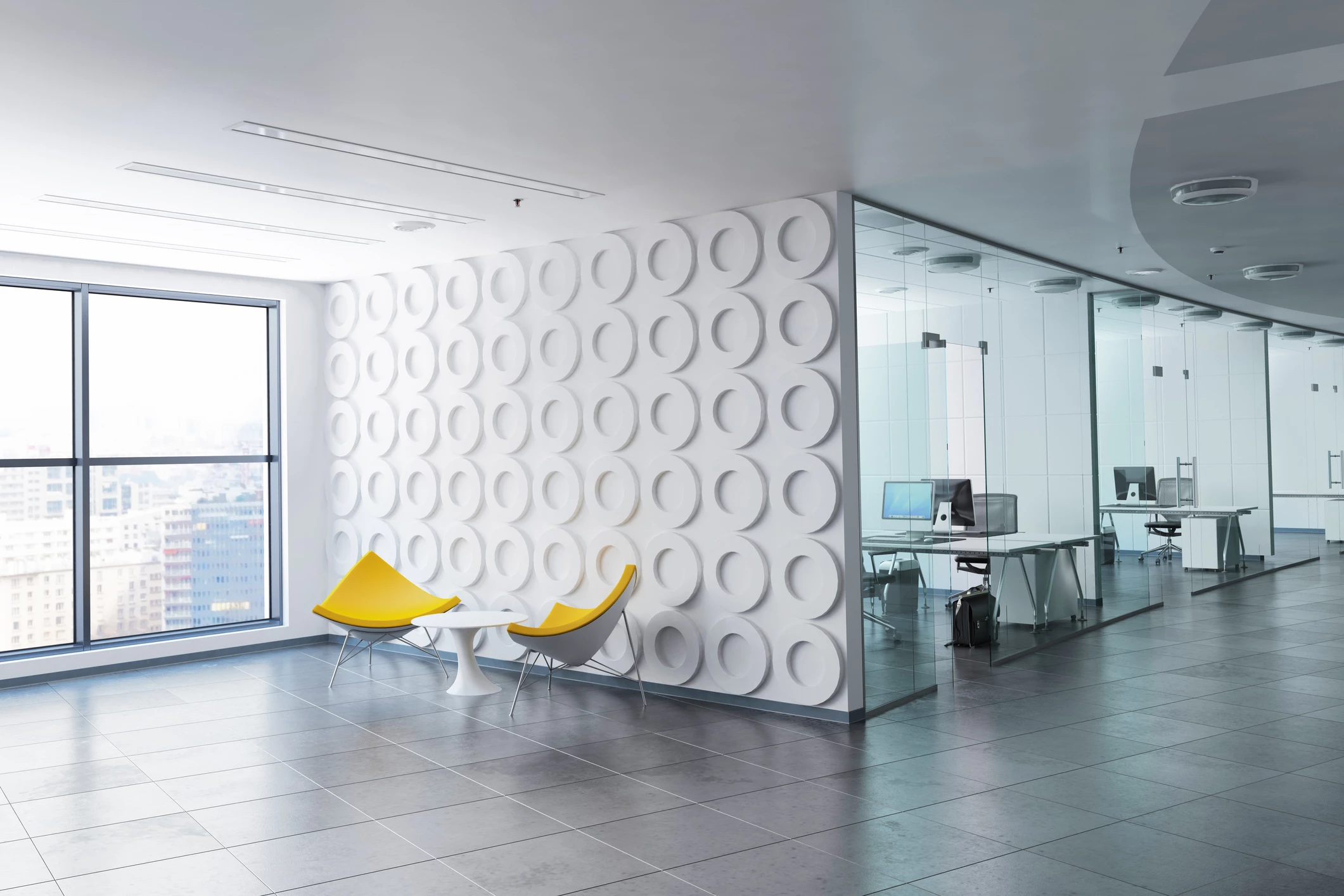
Partner Article
89% of businesses plan to host tech off-premise propelling shift to ‘Destination Offices’
Remote and hybrid working is driving a permanent shift in how businesses are organising their tech. Dependence on on-premise infrastructure, to support a full capacity office, is no longer required, shows survey.
Surveying 200 business leaders across the UK, a new study by Zen Internet has found that:
- only 11% of planned tech operations will be hosted on-premise
- off premise tools are among the top tech investments set to be made in the next 12 months, alongside artificial intelligence (25%) automation (24%) and application programming interface (24%)
It’s estimated that only 55% of office space and desks are expected to be in use over the next year, with a majority of workers set to spend three days there a week in 2022 (or less in-line with government guidelines changes).
More space will also be created when on-premise data centres move ‘online’; currently on-premise data centres are found to take up on average of 8% of office floor space.
When determining what companies who have a data centre are doing with their office space in 2022, 39% of those questioned said that they will use the extra space for ‘collaboration meeting areas’.
Other plans include creating social spaces (36%) and individual working spaces (33%) to aid hybrid working. Meeting rooms (32%), adding additional equipment (32%) and leaving it as open space (28%) would also be amongst the plans if they did not have an on-premise data centre, according to business leaders.
Commenting on these findings, Becky Turner, Workplace Psychologist at office interior design fit-out, furniture and technology company Claremont, said: “As we’re propelled into the Hybrid Era, the purpose of the office is rapidly evolving, becoming a place where the primary goals are for colleagues to meet, collaborate, socialise, and learn – becoming The Destination Office.
“Whilst focused tasks can largely be carried out from home, the Destination Office maximises the office space for those necessary functions that have been noticeably absent from our working lives over the past 18 months; the Coffee Shop provides a social heart to your space, enabling you to build relationships with your colleagues over a coffee or lunch; the Department Store is your support centre, where you can find helpful resources to work effectively from any given location; the Co-working Bureau enables teams to come together to work from a central location, providing mentoring, meeting and collaboration opportunities; and the Forum is a flexible space to facilitate larger-scale collaboration sessions or town hall meetings.
“With the introduction of each of these spaces, your workspace will become the cultural epicentre of your organisation, a place where your colleagues can come to feel energised and connected with the principles and values of your organisation.”
While small to medium sized businesses are moving to CloudComms to benefit overall business operations, and adopting the latest solutions for remote and hybrid working, the move away from on-site hardware opens up of lots more space within working environments and allows space to be re-utilised more creatively.
Steve Warburton from zen.co.uk added: “The combination of fewer employees working full time on site, advances in cloud technology and less siloed ways of working between departments will reach a crescendo in 2022 to fuel a permanent reconfiguration in office design. More businesses may even now take the step to reduce square footage altogether as a means to adapt to this shift.
“The consensus certainly seems to be big change in 2022 and recreating ‘the destination office’ as an environment to engender greater collaboration among staff than ever before.”
This was posted in Bdaily's Members' News section by Kirsty Hunt .








 We must make it easier to hire young people
We must make it easier to hire young people
 Why community-based care is key to NHS' future
Why community-based care is key to NHS' future
 Culture, confidence and creativity in the North East
Culture, confidence and creativity in the North East
 Putting in the groundwork to boost skills
Putting in the groundwork to boost skills
 £100,000 milestone drives forward STEM work
£100,000 milestone drives forward STEM work
 Restoring confidence for the economic road ahead
Restoring confidence for the economic road ahead
 Ready to scale? Buy-and-build offers opportunity
Ready to scale? Buy-and-build offers opportunity
 When will our regional economy grow?
When will our regional economy grow?
 Creating a thriving North East construction sector
Creating a thriving North East construction sector
 Why investors are still backing the North East
Why investors are still backing the North East
 Time to stop risking Britain’s family businesses
Time to stop risking Britain’s family businesses
 A year of growth, collaboration and impact
A year of growth, collaboration and impact